Can I put raised beds over a septic leach field
Tom4271
11 years ago
Featured Answer
Comments (21)
digdirt2
11 years agoplanatus
11 years agoRelated Professionals
Comstock Park Landscape Architects & Landscape Designers · Middle Island Landscape Architects & Landscape Designers · Forest City Landscape Architects & Landscape Designers · East Patchogue Landscape Architects & Landscape Designers · Finneytown Landscape Architects & Landscape Designers · Canyon Lake Landscape Contractors · Dudley Landscape Contractors · Hendersonville Landscape Contractors · Hicksville Landscape Contractors · Little Ferry Landscape Contractors · Olympia Landscape Contractors · Saint Paul Landscape Contractors · Woodbury Landscape Contractors · Riverside Driveway Installation & Maintenance · Sunnyvale Driveway Installation & Maintenancemarys1000
11 years agogardenlen
11 years agonc_crn
11 years agomandolls
11 years agonc_crn
11 years agoTom4271
11 years agodrscottr
11 years agoglib
11 years agoDebbie Sane
7 years agoncrealestateguy
7 years agodigdirt2
7 years agolast modified: 7 years agoDebbie Sane
7 years agoDebbie Sane
7 years agodigdirt2
7 years agoOwen Clapp
5 years agoDon V Zone 5-6 Cleveland OH
5 years agowayne_5 zone 6a Central Indiana
5 years agoJohn D Zn6a PIT Pa
5 years ago
Related Stories

FARM YOUR YARDHow to Build a Raised Bed for Your Veggies and Plants
Whether you’re farming your parking strip or beautifying your backyard, a planting box you make yourself can come in mighty handy
Full Story
FURNITURE9 Ways a Bench Can Raise Your Decorating Game
Use this versatile piece anywhere in your home for instant decorating gratification
Full Story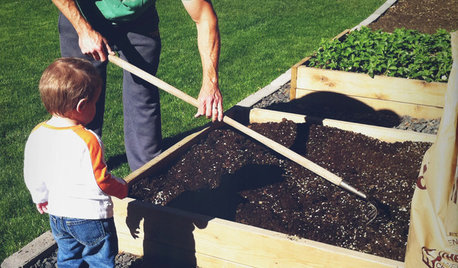
GARDENING AND LANDSCAPINGBuild a Raised Bed to Elevate Your Garden
A bounty of homegrown vegetables is easier than you think with a DIY raised garden bed to house just the right mix of soils
Full Story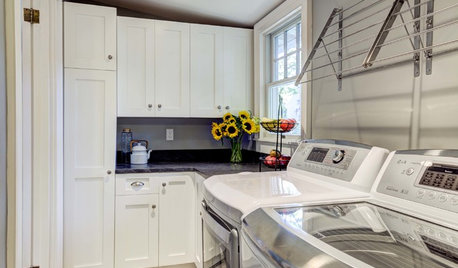
THE HARDWORKING HOMEWhere to Put the Laundry Room
The Hardworking Home: We weigh the pros and cons of washing your clothes in the basement, kitchen, bathroom and more
Full Story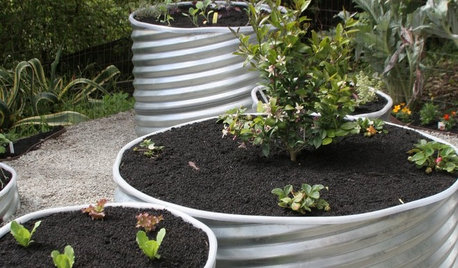
GARDENING GUIDES8 Materials for Raised Garden Beds
Get the dirt on classic and new options for raised vegetable and plant beds, to get the most from your year-round garden
Full Story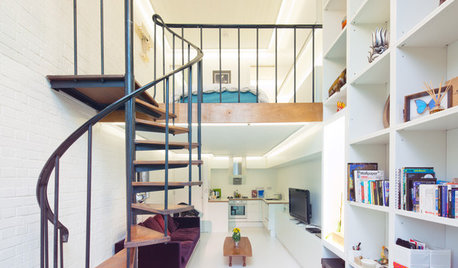
REMODELING GUIDESAsk an Architect: How Can I Carve Out a New Room Without Adding On?
When it comes to creating extra room, a mezzanine or loft level can be your best friend
Full Story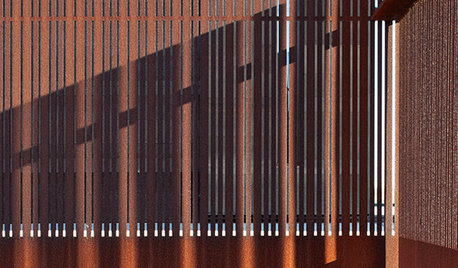
ARCHITECTUREDesign Workshop: 10 Reasons to Put Craft Into Modern Architecture
Technology has led us to expect perfection, but handcrafted details can provide something even better
Full Story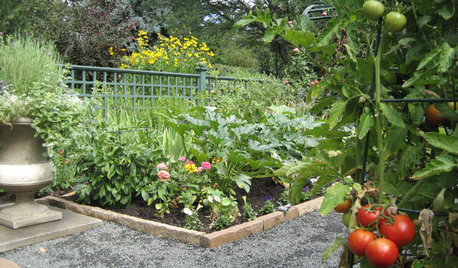
SPRING GARDENINGInspiring Raised Beds for Fall and Spring Planting
Make Your Next Vegetable Garden Even Better with Beautiful Boxes and Paths
Full Story
DECORATING GUIDESHow to Decorate When You're Starting Out or Starting Over
No need to feel overwhelmed. Our step-by-step decorating guide can help you put together a home look you'll love
Full Story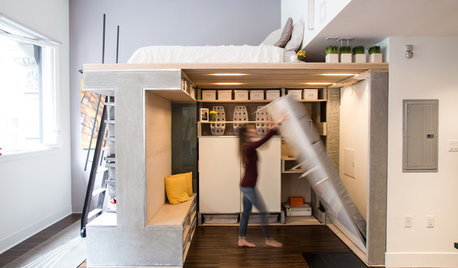
SMALL SPACESHouzz TV: You Won’t Believe Everything This Tiny Loft Can Do
Looking for more floor space, a San Francisco couple hires architects to design a unit that includes beds, storage and workspace
Full StoryMore Discussions







elisa_z5